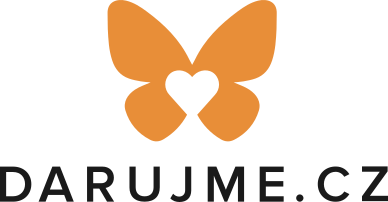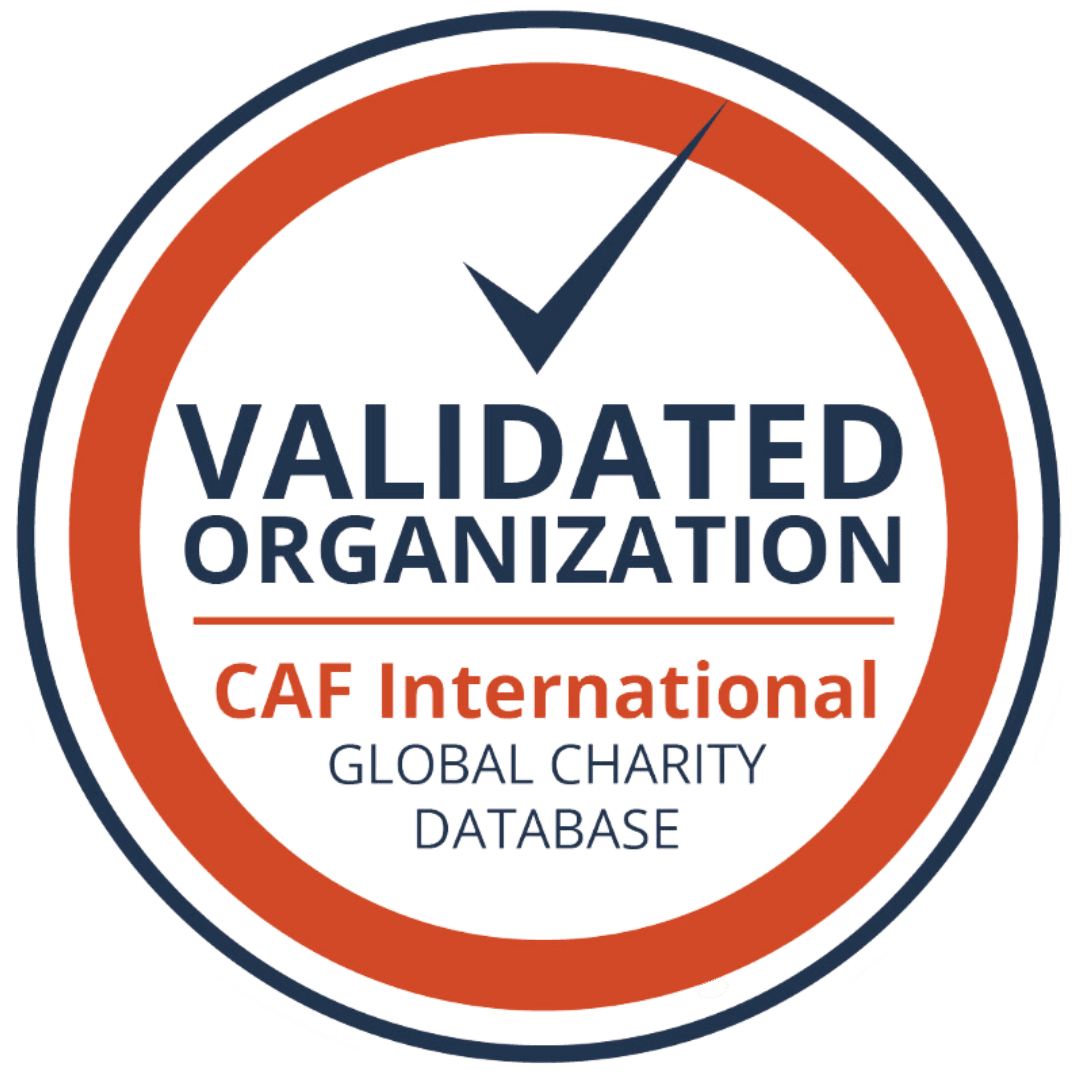Addictions
Addiction is a group of behavioural and thinking patterns with bodily symptoms, and the addicted person’s number one priority is drug abuse. A strong desire to use is typical.
What are the symptoms?
- Strong desire to use the substance.
- Losing control over the use.
- Drug withdrawal symptoms might join in with physical and psychological symptoms.
- Psychological: anxiety, nervousness, sleep disorders, trouble concentrating or depressive mood.
- Physical: shaking, sweating, increased heart rate, stomach ache, headache or joint pain.
- Unpleasant feelings and irritation come when the substance or habit is withheld from the addicted person.
- One’s regular interests and pleasures might get limited gradually.
- The addict continues the abuse despite the harmful and apparent effects.
The most common addictions
Alcohol
Alcoholism is the most widespread and severe addiction. More than 1.5 million Czechs engage in high-risk drinking levels, and over half a million are negatively affected. Alcohol consumption increases the risk of liver and cardiovascular diseases and might contribute to several types of cancer. High-risk drinking precedes addiction which has the potential to damage the system, and harmful drinking already damages it – despite the obsession being asymptomatic.
Nicotine
Around 2 million Czechs smoke, and 250 thousand of them are minors. The addiction develops over days or weeks to a substance called nicotine. Smoking regular cigarettes and using e-cigarettes increases the risk of having a heart attack, causes immunodeficiency and is the most frequent cause of impotence among middle-aged men. One cigarette contains over 5.000 harmful substances, and 60 of these are carcinogenic. These chemical substances damage the vascular and respiratory systems and cause lung cancer. Not even e-cigarettes solve this problem despite them being seen as a healthier alternative. Smokers can prevent up to 16 types of cancer by quitting, significantly decreasing the risk of heart attack and stroke, and, last but not least, save money. The success rate of quitting smoking with professional help by using supplements or medication is around 30%.
Digital drugs
Drug abuse
Drug abuse, or substance dependence, is relatively common – more than 270 million people worldwide, 50 thousand in the Czech Republic.
The most abused drugs are heroin, cocaine, ecstasy, LSD or cannabis. A frequent motive for addiction development is curiosity, which can overgrow from using only on the weekend to an everyday necessity. Cannabis is the most used illegal drug in the Czech Republic, and more than a quarter of adults try it at least once in a lifetime. Smoking cannabis might cause nausea, vomiting, dry mouth, increased heart rate and hallucinations, lousy coordination and trouble thinking clearly. Long-term abuse might damage the brain, especially in teenagers. Weed smokers expose themselves to the same risk factors as regular cigarette smokers – respiratory diseases and cancer.
How to prevent addictions
- If something’s bothering you and you feel helpless, find professional help.
- Surround yourself with people who support you
- Choose your friends carefully
- See the impact of addictions on health and interpersonal relationships
- Improve your skills at school or work
- Find a hobby
- Avoid the temptation at a young age
- Join programmes fighting against addictions
FAQ
What to do when...
…you notice addiction symptoms? Consult with your GP or contact an addictology clinic. You can reach out to the centres where they help addicts to sort out their lives and provide medical and psychological care. You’ll find a list and contact information at www.drogy-info.cz.
What’s the treatment?
Addiction is a chronic condition, so abstinence, therapy and medication are part of the treatment. It’s crucial to do a detox for the treatment to start.
Another vital element is breaking the habit or the ritual – e.g., the addict will do a crossword with their coffee instead of lighting a cigarette. Medication might help as well. A substance called disulfiram, which makes the drinker more sensitive to alcohol and provokes unpleasant feelings, is used to treat alcoholics. Beware that consuming alcohol along with this substance could be life-threatening.
How can I help someone who has a drinking problem?
These people usually don’t admit they have a problem and refuse help. Choose the right moment to start the conversation about the problem when both of you match the energy, and use emphatic words – such as “I’ve noticed you’re not so positive since you started drinking. I’m worried about you.”
The next step is to help them find contact information for the addiction clinics or facilities and help them with making arrangements. If they refuse your help, give them the contact information and try helping them later.
Who to reach out to?
Confide in a close friend or your GP. You can even try a free helpline providing online counselling – 800 350 000 (CZ).
Then, one ought to seek professional help:
- The closest addiction treatment clinic is where an appropriate treatment method is chosen.
- Psychiatrists or psychologists who specialise in addictology are options as well.
To seek professional help closest to you: MAP
Where to go to get help with quitting smoking?
What effects does smoking have on health?
Smoking is a risk factor for cardiovascular diseases. Around 23% of 15+ Czech people smoke 12 cigarettes a day on average, which is more than half a pack.
Support online education about prevention
We want people to like prevention and make it a standard part of their lives. That’s why we create infographics, videos, articles or podcasts, which we post on Instagram, YouTube or our website. Help us educate online.
Support online education about prevention
We want people to like prevention and make it a standard part of their lives. That’s why we create infographics, videos, articles or podcasts, which we post on Instagram, YouTube or our website. Help us educate online.

